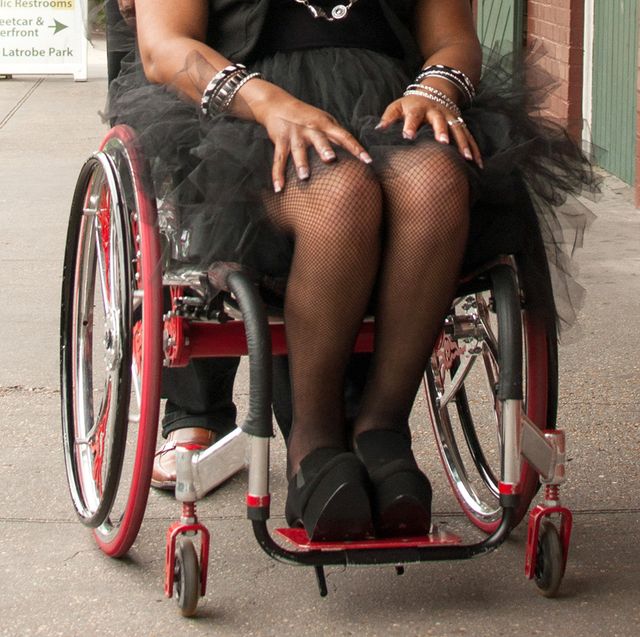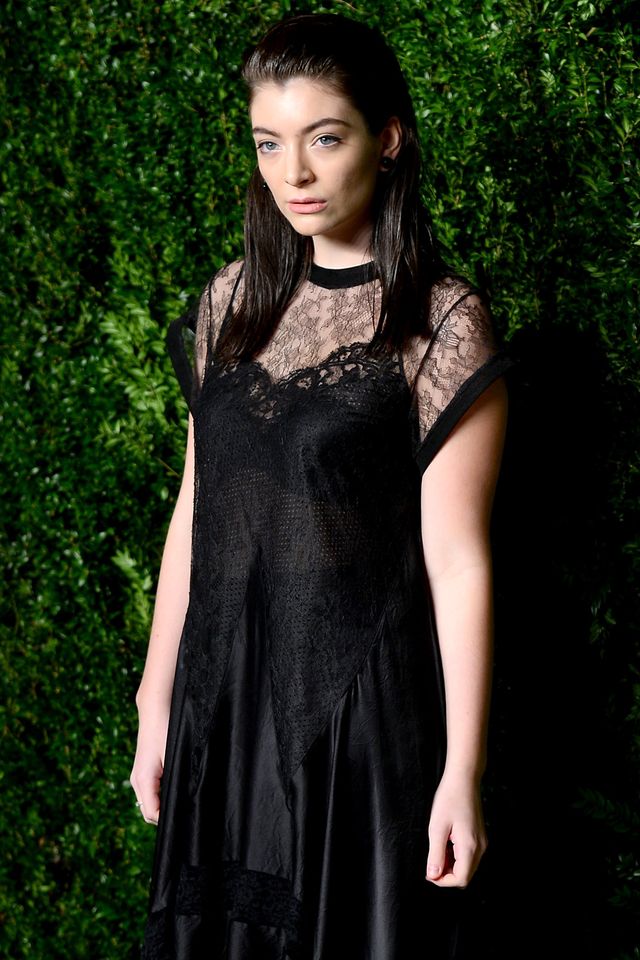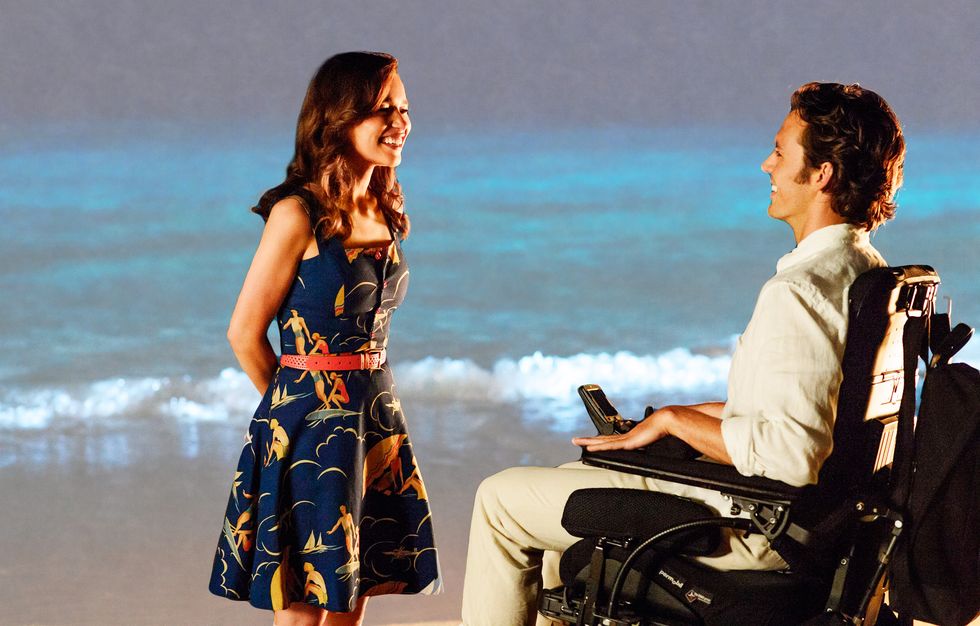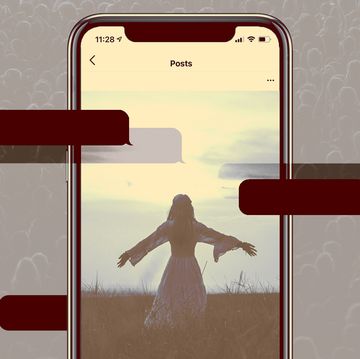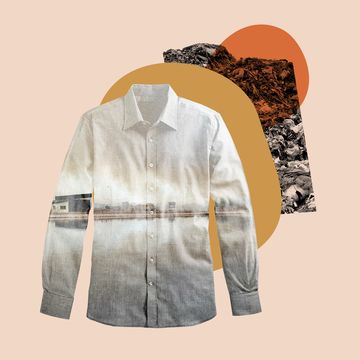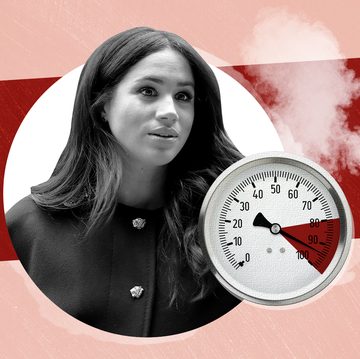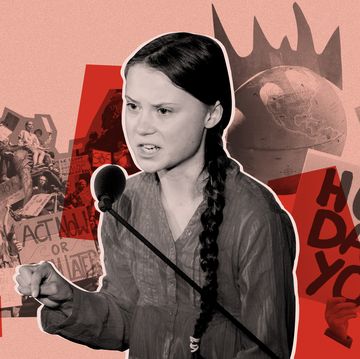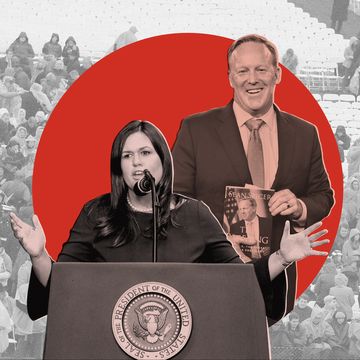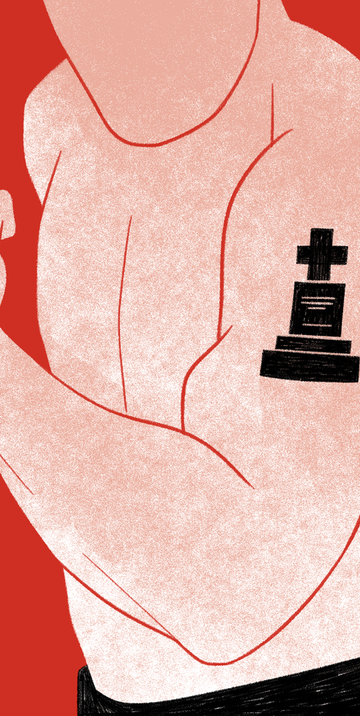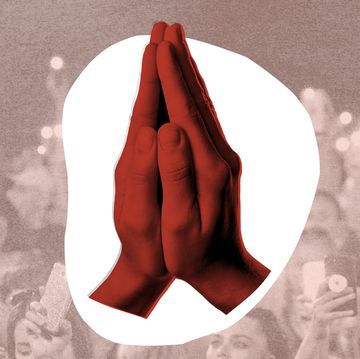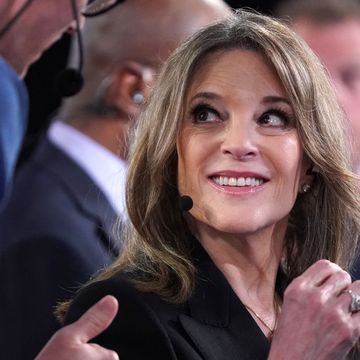It’s hard living in a world that sees your body as a thing to be horrified of. No one chooses disability. The only choice in disability is to adapt—not in spite of it, but because we deserve to live as well as possible. When Lorde likened celebrity and its restrictions to an autoimmune disease earlier this week, I was taken aback. She’s since apologized, and though it was short, I believe she was sincere. The problem with her initial comment is it exposes a deeper and larger problem in our popular culture and society today. Lorde isn’t the first person to conflate disabilities with unpleasant or unwanted situations, and she won’t be the last.
There is a pervasive belief in our society that disabled people are too much work, are burdens, and that we don’t like ourselves or our bodies. Popular culture upholds this falsehood while often showing only one type of disabled body— a white male wheelchair user, like in Me Before You, The Fundamentals of Caring and ABC’s Speechless. On critically acclaimed shows like CW’s Jane The Virgin, the idea of disability and paraplegia is met with shock and borderline horror. When Michael (Brett Dier) was shot by a crime lord, his family and loved ones were informed the surgery may have paralyzed him. The minute the words left the doctor’s mouth, the atmosphere on the show shifted. The family’s concern wasn’t that Michael would have to adjust to life as a full-time wheelchair user, or how best to help him, but that even the possibility of disability was too much to handle. In the Netflix series Man To Man, a cop is intentionally run over by a semi truck. When the subject of possible paraplegia is brought up, it is met with quiet horror from the character’s family members.
Lorde’s comparison of disability to negative situations or, rather, inconvenient ones, is inaccurate and harmful. The idea that those of us with autoimmune diseases can be equated to an inconvenience affects not only our self-esteems, but promotes a negative narrative of disabled people echoed in films like Me Before You and Million Dollar Baby. In these movies, disability is met with anger and frustration, the wish for death and ultimately, the fulfillment of that wish, sending the message that disabled bodies are inconvenient and not worth living in. It’s difficult to watch these movies receive praise, because that tells real-life disabled folks that resentment and death are the only ways to function in our bodies.
While I believe Lorde’s comment warranted an apology, we have to remember it’s part of a larger issue—that society treats disability like the worst possible thing. As someone who loves popular culture, this truth is heartbreaking, and a large part of the reason I spent most of my adolescent and teenage years hating my body and myself. I’m sure some people think, “Relax, it’s just one comment,” but statements like Lorde’s help shape culture and public perception of certain lived experiences. We can’t continue to move forward in society unless the disability community feels properly seen and heard.
We can change the culture surrounding disability by watching the language we use. The words “stupid,” “crazy,” “idiot” and “retard” carry negative connotations for disabled people, so we should phase them out of our vocabularies and replace them with other words (I use “wild” as a placeholder for many of them).
We also need to be considerate of the depiction disabled people—especially those of us with intersecting identities, like race and sexuality—in our society. They should have a place in writers’ rooms and on mastheads to showcase what disability in every form—both physical and invisible—is like, and prevent the portrayal of negative reactions to disabilities in movies and on TV.
The disability community is one of the only communities that anyone can join at any point in their life, regardless of race, sexual orientation, socioeconomic status and body. If you can’t care enough about the people already in the disability community to end ableist language, stop using it because you could someday be a member of our community—someone who is consistently told your life is a burden or inconvenience.
I still love popular culture and music. I still see myself in stories and songs that don’t always see me. People make mistakes, but we can’t grow and change unless we acknowledge them. We have a long way to go, and there will always be people who think words and language are no big deal. Let’s promise not to become those people. Despite our best intentions, we will mess up. When we do, we should apologize, like Lorde, and commit to being better about the words we use and how we use them.
Keah Brown is a journalist and writer whose work can be found in Glamour, Marie Claire UK, Harper’s Bazaar, and Teen Vogue, among others. Her debut essay collection, The Pretty One, published in 2019, talks about her experiences as a young African American woman with cerebral palsy. You can learn more about her at keahbrown.com.
